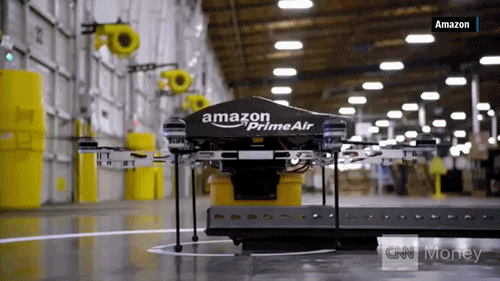According to Paul Mason, author of PostCapitalism, technology has reduced the economic system to obsolescence or soon will. While I don’t agree that capitalism is going away, I do believe the modern version of it is headed for a serious revision.
The extent to which technology disrupts capitalism–the biggest disruption of them all–depends to some degree on how quickly the new normal arrives. If driverless cars are perfected in the next few years, tens of millions of positions will vanish in America alone. Even if the future makes itself known more slowly, employment will probably grow more scarce as automation and robotics insinuate themselves.
The very idea of work is currently undergoing a reinvention. In exchange for the utility of communicating with others, Facebook users don’t pay a small monthly fee but instead do “volunteer” labor for the company, producing mountains of content each day. That would make Mark Zuckerberg’s company something like the biggest sweatshop in history, except even those dodgy outfits pay some minimal fee. It’s a quiet transition.
Gillian Tett of the Financial Times reviews Mason’s new book, which argues that work will become largely voluntary in the manner of Wikipedia and Facebook, and that governments will provide basic income and services. That’s his Utopian vision at least. Tett finds it an imperfect but important volume. An excerpt:
His starting point is an assertion that the current technological revolution has at least three big implications for modern economies. First, “information technology has reduced the need for work” — or, more accurately, for all humans to be workers. For automation is now replacing jobs at a startling speed; indeed, a 2013 report by the Oxford Martin school estimated that half the jobs in the US are at high risk of vanishing within a decade or two.
The second key point about the IT revolution, Mason argues, is that “information goods are corroding the market’s ability to form prices correctly.” For the key point about cyber-information is that it can be replicated endlessly, for free; there is no constraint on how many times we can copy and paste a Wikipedia page. “Until we had shareable information goods, the basic law of economics was that everything is scarce. Supply and demand assumes scarcity. Now certain goods are not scarce, they are abundant.”
But third, “goods, services and organisations are appearing that no longer respond to the dictates of the market and the managerial hierarchy.” More specifically, people are collaborating in a manner that does not always make sense to traditional economists, who are used to assuming that humans act in self-interest and price things according to supply and demand.•
Tags: Gillian Tett, Paul Mason

